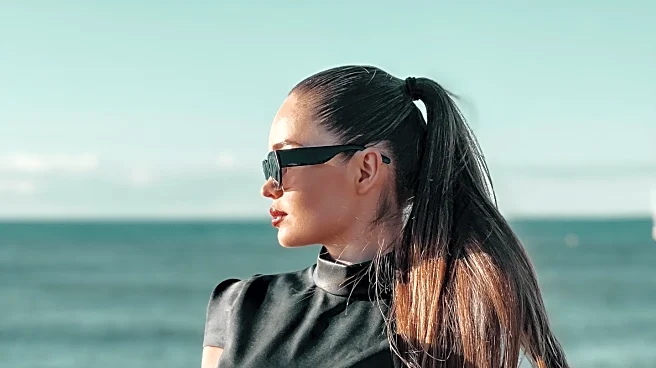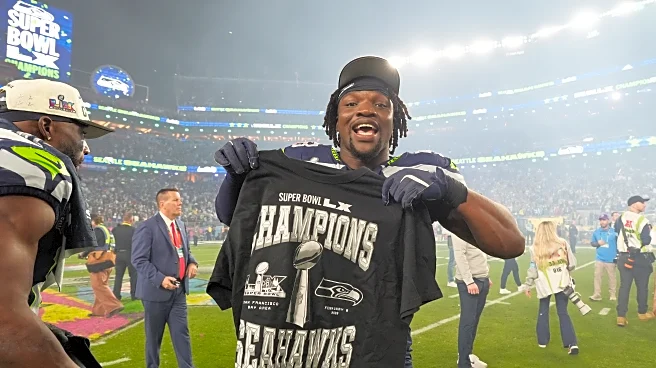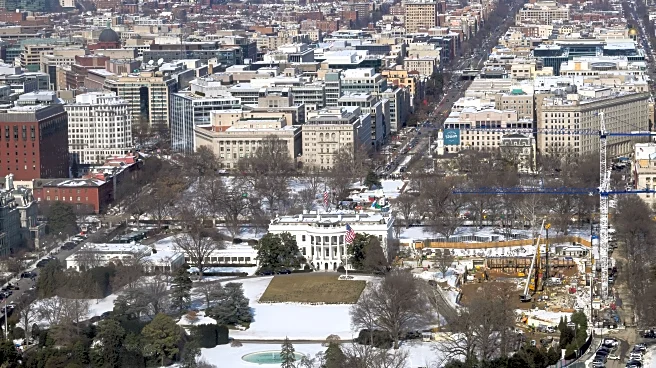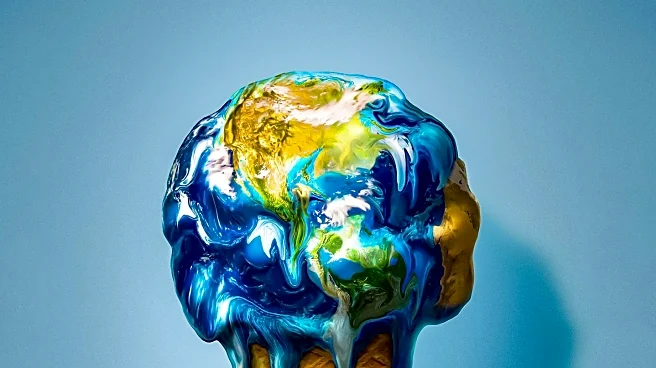What's Happening?
Renowned oceanographer Sylvia Earle emphasized the importance of cultural change in environmental conservation during the TIME100 Talks in Rio de Janeiro. As global leaders gather for the United Nations COP30 climate conference, Earle highlighted the historical
shift in attitudes towards whaling as an example of how cultural perceptions can drive environmental action. She advocates for a similar shift in how society views ocean conservation, stressing that empathy and individual actions are crucial in addressing the current crises facing marine ecosystems.
Why It's Important?
Earle's call for cultural change underscores the role of public perception and individual responsibility in environmental conservation. Her message is particularly relevant as the world grapples with climate change and its impact on oceans, which are vital for regulating global temperatures and supporting biodiversity. By promoting a cultural shift towards valuing and protecting marine environments, Earle aims to inspire collective action that complements governmental and institutional efforts to combat climate change.
Beyond the Headlines
Earle's advocacy highlights the ethical and cultural dimensions of environmental conservation. Her emphasis on empathy and individual action suggests a broader societal shift towards sustainability and environmental stewardship. This approach aligns with global efforts to engage diverse stakeholders, including local communities and youth, in conservation initiatives. Earle's work with Mission Blue, focusing on 'hot spots' for marine conservation, exemplifies how grassroots efforts can drive meaningful change in protecting natural ecosystems.
















